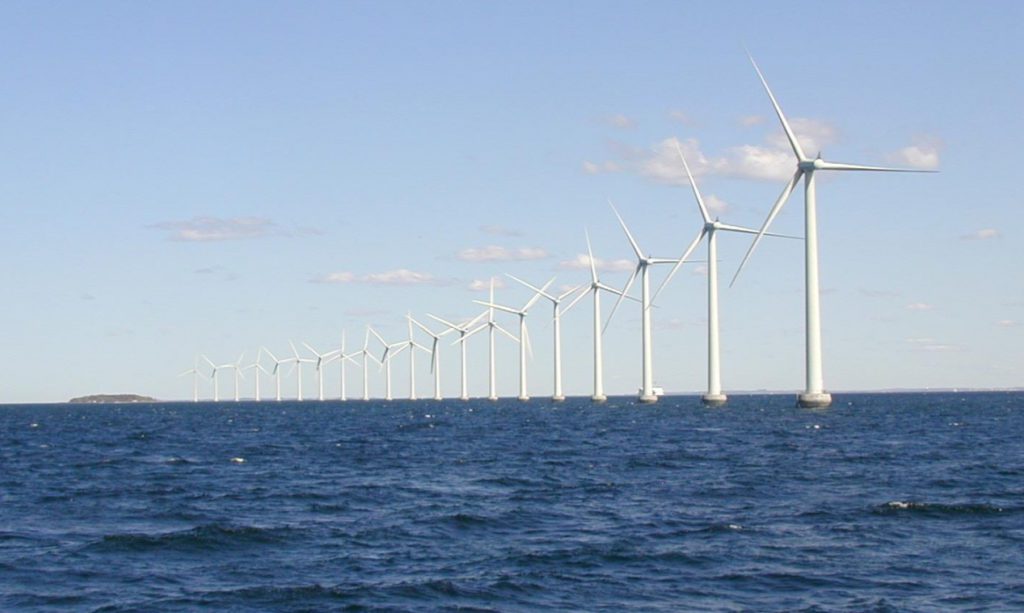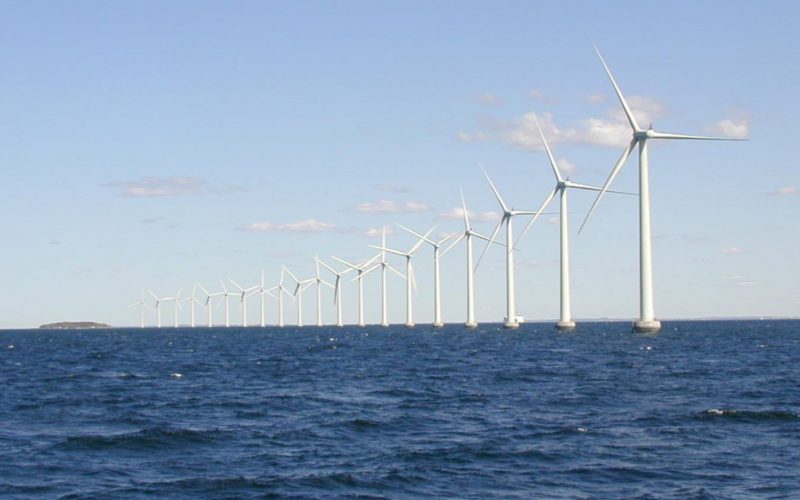(BALTIMORE) — Demand for offshore wind in the United States nearly doubled in 2022 and investments in the market tripled, marking not only a transformative year, but an inflection point when the industry began its transition to commercial-scale operations, according to the Business Network for Offshore Wind.
The network, the leading nonprofit representing more than 500 businesses working to accelerate offshore wind development and build its supply chain in the United States, released its annual U.S. Offshore Wind Market Report that analyzes the growth of the offshore wind industry in 2022 and breaks down the challenges and opportunities the industry will face in the year ahead.
Key findings from the 2023 report include:
• Offshore wind-related contracts grew by 36 percent in 2022 with a majority awarded to U.S. companies, according to analysis by the network. Over the year, 664 new organizations registered with the network’s Supply Chain Connect registry, representing a 27 percent increase.

• Long-term state offshore wind targets increased 79 percent last year, as California laid down a powerful industry marker by calling for 25 gigawatts (GW) of offshore wind generation, and Louisiana, New Jersey and Rhode Island announced new state goals.
• The U.S. offshore wind market saw $9.8 billion in new investments in 2022, more than triple the year prior. While this growth was primarily driven by lease auction fees, over $4.4 billion was directed to port infrastructure, supply chain development and transmission. The network has identified $17 billion in new investments driven by offshore wind activity in the United States since 2014.
• The Biden-Harris administration remains on track to hit self-defined targets to lease seven new areas and perform 16 project environmental reviews, but currently announced completion dates suggest the industry will fall short of installing 30 GW of offshore wind by 2030. Rapid development of lease areas in the New York Bight could close that gap.
“From surging investments to cutting-edge floating turbine technology on the West Coast, passage of the landmark Inflation Reduction Act, and federal regulatory efforts that bring more certainty to permitting, 2022 kicked the American offshore wind industry into full throttle,” said Liz Burdock, president and CEO of the Business Network for Offshore Wind. “A visible pipeline of projects has emerged with half a dozen projects finalizing environmental review and another 11.4 GW of new areas leased for future development. But this progress has not been without speed bumps. As the industry makes the transition from demonstration to commercialization amid global economic uncertainty, we must double down on a national industrial strategy, building up an offshore wind supply chain and manufacturing base in the United States.”
The report also includes a forecast of what the offshore wind industry can expect in 2023:
• The American market will transition from demonstration to commercialization with the first two commercial-scale projects, Vineyard Wind and South Fork Wind, set to begin foundation and turbine installation and producing electricity.
• States will buy at least 25 percent more offshore wind power. The U.S. market moves into a year where four states – Massachusetts, New Jersey, New York and Rhode Island – will all conduct or finalize new rounds of offshore wind procurement and increase the amount of offshore wind with financial backing by at least 25 percent.
• The Inflation Reduction Act will drive alternative uses of offshore wind power. While the U.S. offshore wind market will continue to be dominated by state electricity demands, new market opportunities are emerging globally that harness offshore wind’s power output for alternative uses, including green hydrogen production, green ammonia production, and carbon sequestration activities. The first major U.S. announcement pairing green hydrogen and offshore wind occurred last year in Louisiana.
• New construction of wind turbine installation vessels. With a glaring market need, federal funding available, increased confidence in the U.S. permitting system, and multiple designs with financial backing on paper, one or two more U.S.-market wind turbine installation vessels (WTIV) concepts could begin construction this year.
• Additional project delays and contract negotiations. As more projects near financial close, the industry can expect to see additional delays or other attempts to renegotiate contract terms as was seen in Massachusetts.
– Business Network for Offshore Wind

